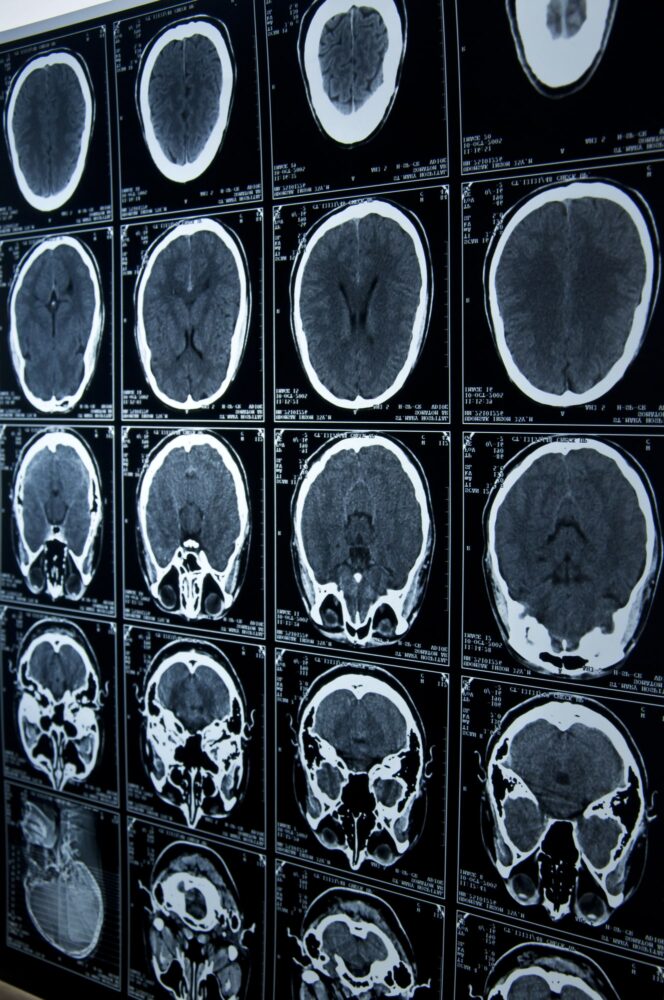
Brain injuries can happen without warning, leaving individuals and their families facing lasting challenges. These injuries may result from car crashes, falls, workplace accidents, or other incidents where someone failed to act responsibly. When another party’s negligence leads to a traumatic brain injury (TBI), legal action may be appropriate to recover damages. While medical recovery can be difficult, pursuing a claim can help secure compensation for healthcare, rehabilitation, and lost income. For those in need of legal support, working with a San Jose, CA brain injury lawyer can be a critical step toward holding the responsible party accountable.
Proving Negligence In A Brain Injury Case
When we help someone file a brain injury lawsuit, the first step is establishing that the injury resulted from another person or entity’s careless or reckless actions. This may involve reviewing accident reports, gathering witness statements, and working with medical professionals to link the injury to the incident. The legal definition of negligence includes four elements—duty of care, breach of that duty, causation, and damages. We must show that the defendant owed a duty to act safely, breached that duty, and directly caused the injury and harm.
For example, if someone suffered a brain injury after slipping on an unmarked wet floor in a grocery store, we would work to show that the store failed to maintain a safe environment for customers. We often gather surveillance footage, cleaning schedules, and prior incident reports to strengthen our client’s case.
Types Of Compensation Available
Brain injuries often require significant medical care, ranging from emergency treatment to long-term rehabilitation. In many cases, individuals are unable to return to work, either temporarily or permanently. As a result, compensation may cover both current and future medical expenses, lost wages, and diminished earning capacity. Pain and suffering are also commonly included, especially when the injury affects memory, speech, or emotional well-being.
In more serious cases, families may pursue compensation to cover the cost of in-home care or required changes to the home. When someone’s daily life is permanently altered, the legal system provides a way to pursue fair compensation that accounts for the full scope of the harm done.
Working With A Firm That Has Trial Experience
Some brain injury claims settle before trial, but we prepare each case as if it will go to court. This approach helps us negotiate from a position of strength. At our firm, we have trial experience and are not hesitant to present a case in court when a fair settlement isn’t offered. We’ve represented clients in both local and state courts, and we’re familiar with the process from initial filing to final resolution.
Our firm also offers free consultations and handles brain injury cases on a contingency fee basis. That means clients do not pay legal fees unless compensation is recovered. This approach reflects our commitment to making legal services accessible to people during difficult times.
Why Legal Guidance Matters After A Brain Injury
Filing a lawsuit for a brain injury caused by negligence requires more than submitting documents; it involves presenting a case that captures the full physical, emotional, and financial toll of the injury. Legal support can make a real difference in how a claim is managed and resolved. Attorneys like those at Mitchell & Danoff Law Firm, Inc bring courtroom experience and focused legal support to each case. If you or a loved one has suffered a traumatic brain injury due to someone else’s negligence, we invite you to reach out to us today for a free consultation.
